Q4 | Physical Education
Cheer Dance
Cheer Dance or Cheerleading — A group dance intended to give support to a sports team.
Cheer Dance Benefits:
Flexibility — Develops when one practices and performs a cheer dance.
Coordination — Develops timing and rhythm through practice.
Strength Training — The jumps and stunts develop the arm and leg muscles. Flyers have very strong core muscles.
Cardiovascular Stamina — A good aerobic workout since it involves whole body.
History of Cheer Dance:
Used to be performed by all boys in Princeton University in 1898.
In the Philippines, Cheerleading Philippines (CPF) governs the cheerleading events.
Elements of Cheer Dance:
Yells/Chants
Jumps
Stunts
Pyramids
Tumble
Formation
Jumps — Done to get the attention of the audience or to set before tumbling.
Basic Jumps in Cheer Dance:
Tuck Jumps
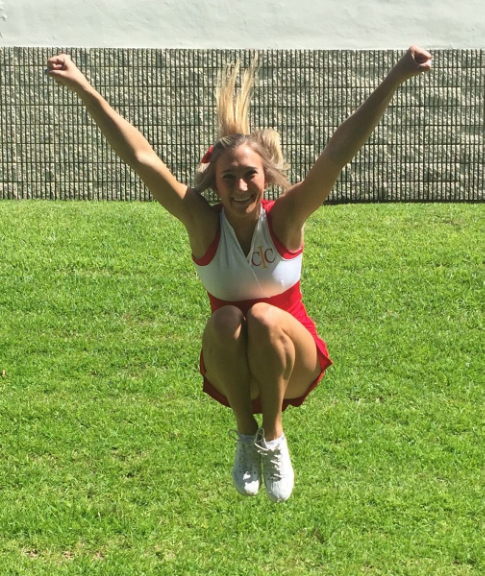
Spread Eagle
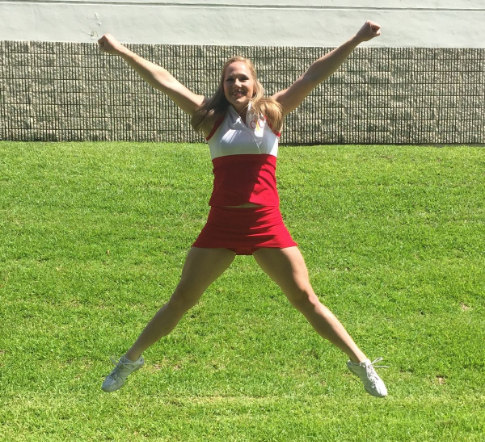
Toe Touch
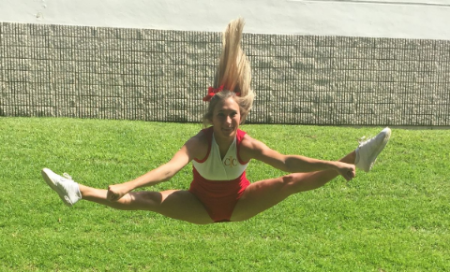
Hurdle
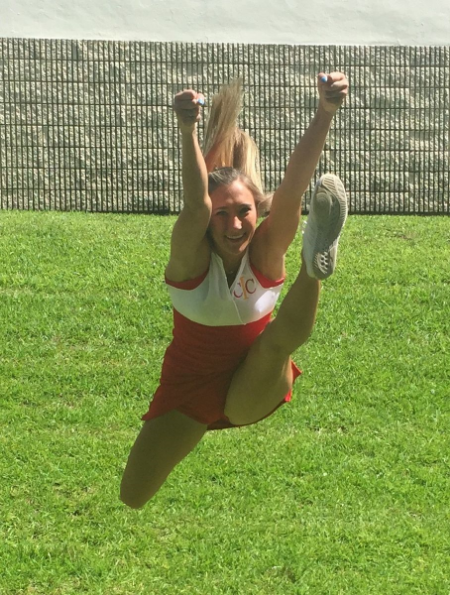
Pike
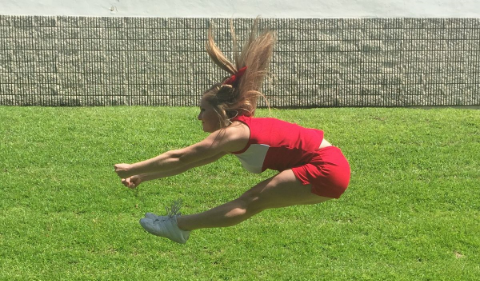
Stunts — Get the attention of the crowd. Most stunts are done by flyers and bases.
Tumble — Tumbling adds extreme thrill and excitement to the dance.
Pyramids — Term for the stunt where the cheerleaders stack themselves in layers.
Involves a lot of different techniques to form a pyramid.